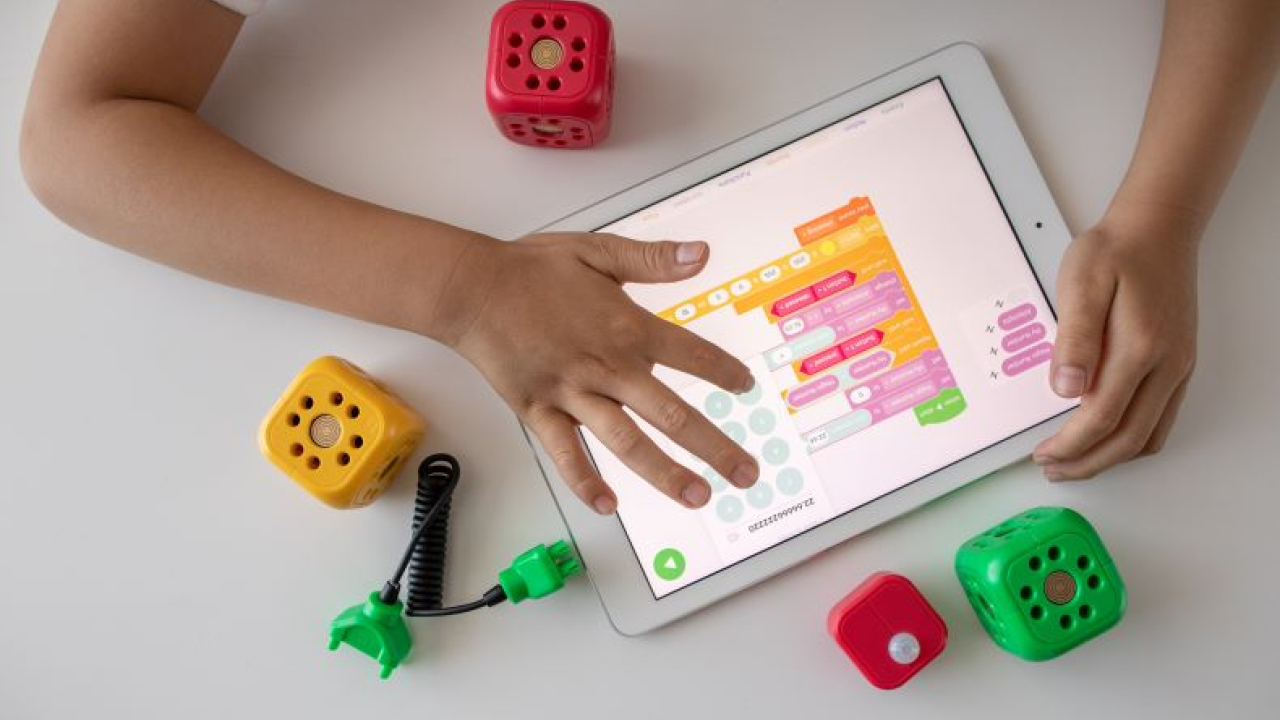Support in the Early Years for Students with Special Education Needs

Students with special education needs (SEN) require extra support to thrive. Evidence-based strategies, such as early intervention and individualized support, can promote positive outcomes for these students. Assistive technology and inclusive practices can also help their participation in learning
activities. Inclusive education provides equitable opportunities for all students, including those with SEN, to access and participate in education. Schools can provide early intervention, individualized instruction, assistive technology, and inclusive practices to support students.

Early Intervention
Bailey et al.'s (2019) study revealed the significance of early intervention programs for students with special educational needs (SEN). These programs equip children with essential skills and support for success in school and beyond. However, not all students have access to these programs. Early intervention involves providing support services to children with developmental delays or disabilities from birth to age three to identify and address developmental delays as early as possible for positive outcomes in the long term. Research indicates that early intervention is crucial for positive results in students with SEN in their early years (Dixon, 2019). For instance, Yalçın et al. (2020) found that early intervention programs focusing on developing social skills for children with autism spectrum disorder (ASD) improved their social competence and reduced behavioral problems.
Children with disabilities are less likely to attend early childhood education programs, as reported by the National Center for Education Statistics (2020), considering the positive outcomes associated with early intervention for students with special educational needs (SEN) (Bowen & Masa, 2021; Ryman & Hancock, 2021). To address this, schools are implementing inclusive education policies that prioritize the needs of students with SEN (Zaravinos-Tsakos &
Whitbread, 2019). Inclusive education models focus on collaboration between teachers, families,and specialists to provide comprehensive support (Ducharme & Monteiro, 2021; Lashley et al.,2021). However, such practices require careful planning, implementation, and ongoing evaluation (Soto & Zeedyk, 2020). Assistive technology is a promising area of research for supporting students with SEN in inclusive classrooms (Chitiyo & Wheeler, 2021).
Individualized Support
Individualized support is a critical aspect of inclusive education for students with SEN. It involves adapting instruction to meet each student's unique learning needs by modifying teaching methods, providing additional support, or adjusting learning materials. Studies have shown that individualized support can enhance students' academic and socio-emotional development with SEN during their early years (Mahmoud & Hosny, 2021). For instance, Li and Li (2021) discovered that individualized support through peer-assisted learning effectively improved the reading abilities of Chinese students with dyslexia.
Assistive Technology
Assistive technology encompasses devices, software, or equipment that can assist students with disabilities in accessing and participating in learning activities and touch screens, text-to-speech software, speech recognition software, and alternative input devices. Studies indicate that assistive technology can enhance students' academic and socio-emotional development with SEN in their early years (Söderqvist et al., 2020). For instance, Gómez-Vela et al. (2022) found that using a tablet with a speech-to-text application effectively improved the written expression of Spanish students with dyslexia.
Inclusive Practices
Inclusive practices aim to establish a welcoming environment where all students feel valued and can participate in learning activities through various teaching methods and flexible learning environments. Inclusive practices that promote positive interactions between students with and without SEN can facilitate the academic and socio-emotional development of students with SEN during their early years (Cavallari & Monteiro, 2021). A study by Lashley et al. (2021) found that inclusive practices such as peer support and differentiated instruction can effectively promote the social-emotional development of young children with SEN.
Stay up to date
Subscribe to the free GESS Education newsletter and stay updated with the latest insights, trends, and event news every week. Your email address will remain confidential

